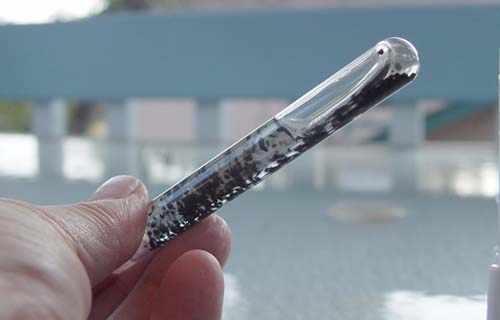A new Charcoal discovery in South Africa that is made from eucalyptus trees could be the long awaited solution to water pollution in South Africa.
Also read:New water plan in South Africa to stimulate innovation
According to the DST-NRF Centre of Excellence in food Security, The University of Stellenbosch academic is currently making developments in a low cost, low-tech water purification system with the charcoal. The charcoal is expected to remove organic compounds from waste water in the urban areas.
The charcoal, popularly known as ‘biochar’, has the capability of removing organic, some inorganic, and microbiological contaminants from water. The purification system was developed by Professor Gunnar Sigge and some collaborators at the Universities of Venda and Pretoria.
The process involved testing of different types of biochar that are made of pine and eucalyptus in order to maximize the amount of pollutants that are removed from water. Whereas both the pine and eucalyptus trees were tested, the best ‘biochar’was provided by the eucalyptus tree.
Professor Sigge is confident that the filtration method could be of benefit to subsistence farmers and with further development, the eucalyptus ‘biochar’ could also remove organic pollutants from waste waters that are produced by wineries and food industry.
The biochar will be capable of improving the quality of water that is used for drinking as well as irrigation y lowering the microbiological hazards that are associated to food safety and eliminate the risks. It is also beneficial to the general health of the people and the environment. In addition, used biochar can be added to compost for the benefit of the soil and lead to increased crop yields. More advantageous is that it can be recycled for the creation of new organic compounds.
This news comes as a relief for South Africans given the recent tightening of water rationing programmes and poor sanitation of their water sources. The ‘biochar’ could be the solution to the

